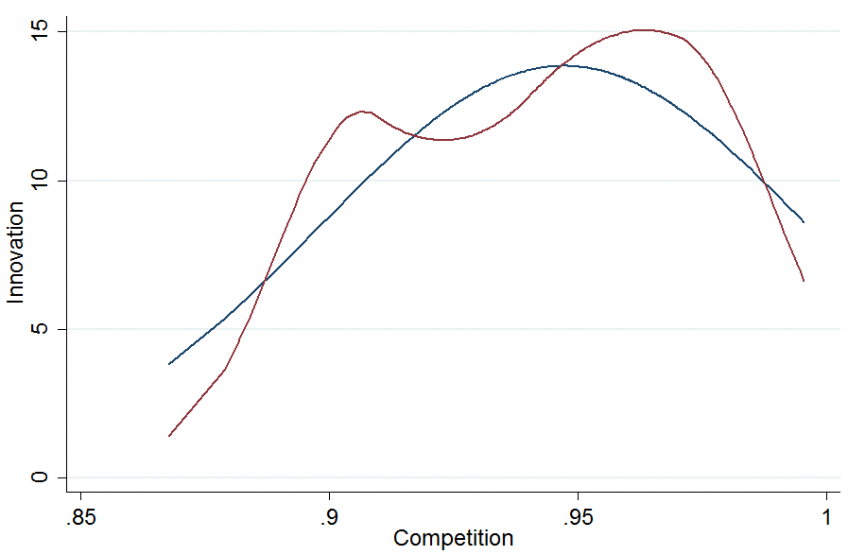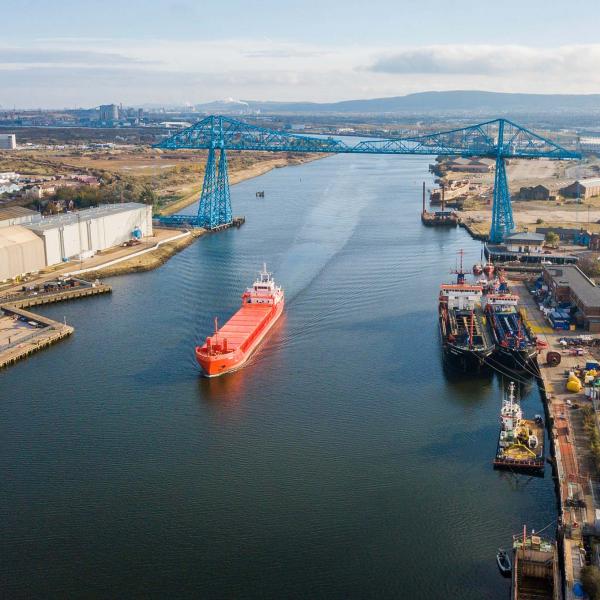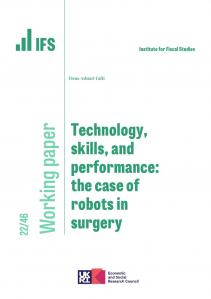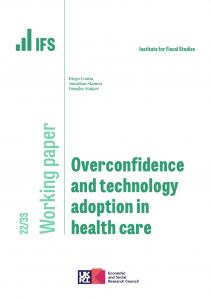This paper investigates the relationship between product market competition and innovation. We find strong evidence of an inverted-U relationship using panel data. We develop a model where competition discourages laggard firms from innovating but encourages neck-and-neck firms to innovate. Together with the effect of competition on the equilibrium industry structure, these generate an inverted-U. Two additional predictions of the model-that the average technological distance between leaders and followers increases with competition, and that the inverted-U is steeper when industries are more neck-and-neck-are both supported by the data.
Find the working paper here.

Authors

CPP Co-Director
Richard is Co-Director of the Centre for the Microeconomic Analysis of Public Policy (CPP) and Senior Research Fellow at IFS.

CPP Co-Director, IFS Research Director
Rachel is Research Director and Professor at the University of Manchester. She was made a Dame for services to economic policy and education in 2021.

Research Fellow London School of Economics
Philippe is an IFS Research Fellow, a Professor of Economics at LSE, at the College de France and at INSEAD, and a Fellow at the Econometric Society.

Peter Howitt

Nicolas Bloom
Journal article details
- Publisher
- Oxford University Press
- Issue
- May 2005
Suggested citation
Aghion, P et al. (2005). 'Competition and innovation: an inverted U relationship' (2005)
More from IFS
Understand this issue

It’s time to take a firmer grip on companies and competition law
Globalisation, inequality, feeble productivity growth, earnings stagnation, the falling labour share of national income — the most important features of economic life. And one institution binds them together: the firm.
25 April 2022

Spring Budget 2024: What you need to know
7 March 2024

If you can’t see it, you can’t be it: role models influence female junior doctors’ choice of medical specialty
24 April 2024
Policy analysis

How do the last five years measure up on levelling up?
19 June 2024

Freeports: What are they? What do we know? And what will we know?
10 March 2023

Freeports and Investment Zones – what sorts of things should we consider when assessing whether they are good policy?
10 March 2023
Academic research

Firms and inequality
3 March 2022

Technology, skills, and performance: the case of robots in surgery
7 November 2022

Overconfidence and technology adoption in health care
31 August 2022